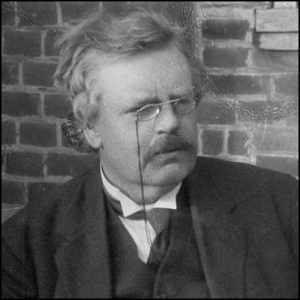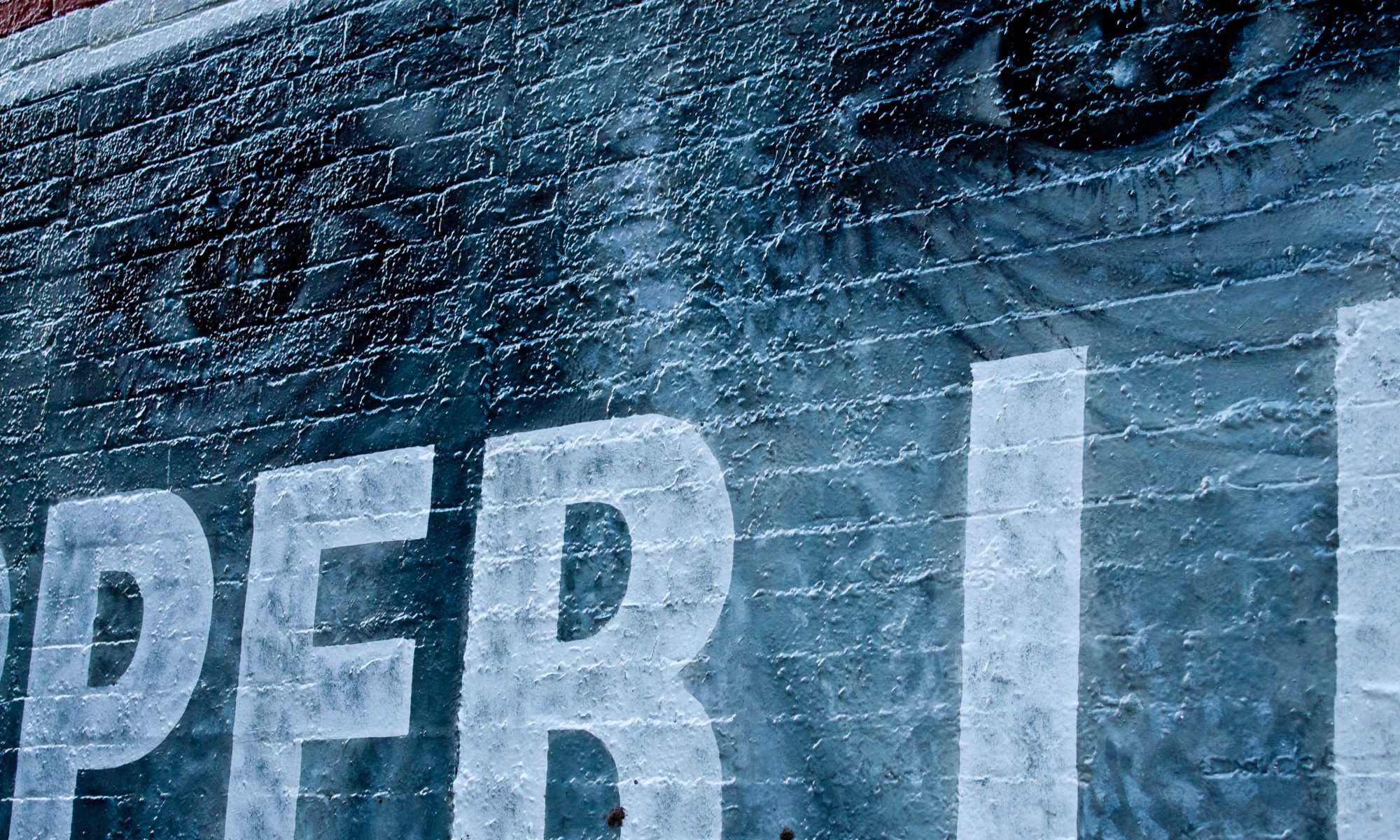 The 20th-century writer G.K. Chesterton, when asked “What’s wrong with the world?”, had a pretty remarkable answer. He said, “I am.”
The 20th-century writer G.K. Chesterton, when asked “What’s wrong with the world?”, had a pretty remarkable answer. He said, “I am.”
That’s placing a pretty heavy burden on himself. He was a huge, rotund man, so maybe he could bear it… But seriously, how can I be “what’s wrong with the world?”
There must be a few different logical ways to reckon this, if by “logical” you include crazy spiritual logic. One way that I understand Chesterton’s answer, and can make it my own is to see it as saying something like the following:
The world is beautiful, yes, but unbelievably damaged. There is so much human evil. I look around and see the results of selfishness, greed, shortsitedness, people’s need for instant gratification. And then I think, about “other people:” can I know their greed? Can I know their selfishness? What’s more, can I do anything about it? And the answer is, of course not.
I only know my own shortfalls. And these are also the only ones I have any say about, have any way of controlling.
Can I fully know and account for the circumstances that lead “other people” to pollute, start wars, shoot each other? No. But I can begin to know my own.
So if I’m to put myself in Chesterton’s (large) shoes, and am asked “What’s wrong with the world?” I guess I could only answer, “Well, a lot—but as far as I know, and as far as I can do anything about it, what’s wrong with the world is my own depravity.”
That would still be an unbearable responsibility. Which is where my relationship to God, my surrender to him, comes in. But as burdensome as it seems, it’s also a very great relief to stop blaming others.
Blaming other is not only a huge a waste of time and energy. It’s also truly false. Because it buys into this false dichotomy between Me and The Other Person. There’s a lot more to say about that. But for the time being, without being too solipsistic about it, I can say, what’s wrong with the world has entirely to do with me.
